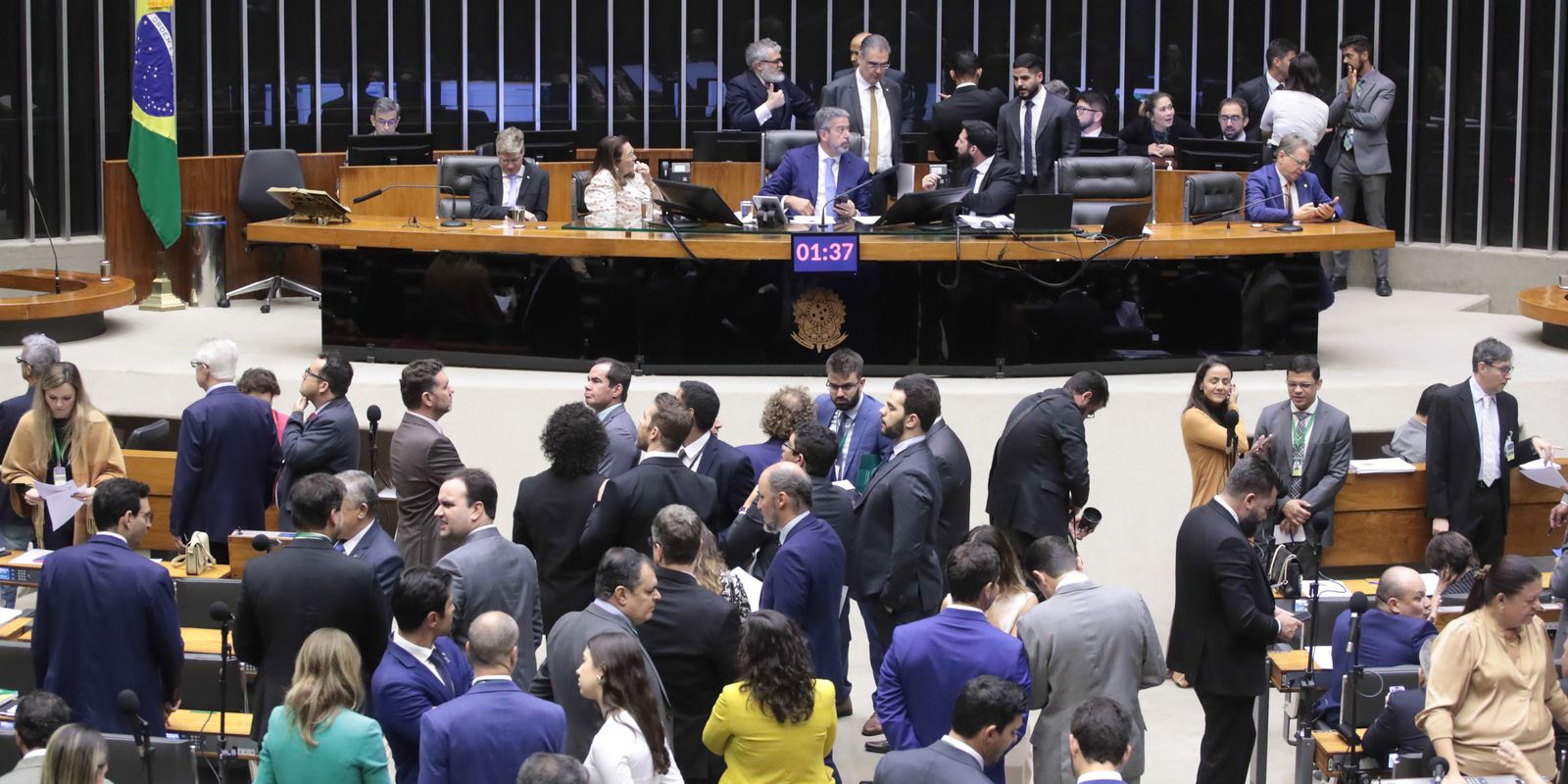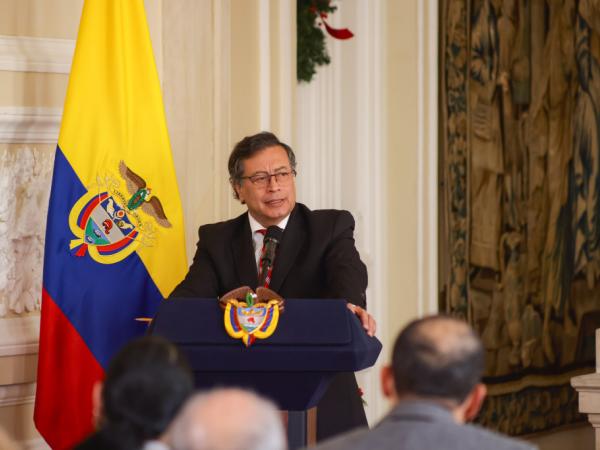By 264 votes in favor and 209 against, the Chamber of Deputies approved this Thursday (19) night the third project that is part of the government’s spending cut package. The proposal creates a ceiling for the growth of the minimum wage, requires biometrics to receive social programs and limits spending on Proagro.
As it was an ordinary bill, the proposal only required a simple majority (half plus one of the deputies present). Approval of the last proposal in the package, which changes military pensions, was delayed until next year, because the project was only sent to Congress on Tuesday (17).
PSOL, which was against the project, tried to overturn part of the approved text, but was defeated. The text goes to the Senate, where it should be voted on this Friday (20).
The government depends on the approval of this project in both Houses to vote on the 2025 Budget bill. This is because the approved text limits the growth of the minimum wage to 2.5% above the previous year’s inflation, with a minimum appreciation of 0. 6% above inflation in case of economic recession. The measure, according to the Ministry of Finance, is expected to generate savings of R$109.8 billion from 2025 to 2030.
Changes
To facilitate approval of the project, the government agreed to dehydrate part of the proposals. The rapporteur, deputy Isnaldo Bulhões Jr. (MDB-AL), relaxed the changes in the Continuous Payment Benefit (BPC), a benefit paid to the elderly and low-income people with disabilities, the main point of resistance to the project. He removed the expression “person with a disability” that appeared in the original project and replaced it with “evaluation that attests to a moderate or severe disability”.
According to parliamentarians from the opposition and even from the allied base, the expression person with a disability could exclude people with autism spectrum disorders and people with Down syndrome from the BPC. However, some parliamentarians criticized the rapporteur’s new definition, which would continue to restrict access to the benefit.
Bulhões also withdrew the government’s proposal that intended to exclude from the calculation of per capita family income the income of family members who do not live in the same house, but help the beneficiary. According to deputies, this would harm a disabled beneficiary who lives in a house, but receives care from a relative who lives on the same lot, but in another home. The deputy also eliminated the government’s proposal to include possession or ownership of goods or rights, including land, from the income calculation.
The rapporteur did not revoke the rule according to which the benefit granted to any family member will not be counted for the purposes of calculating family income. The government wanted these incomes to be taken into account.
The approved project maintained the need to present a document with biometric examination to receive the benefit, which had been proposed by the government as mandatory. However, the rapporteur included exceptions, such as elderly people with mobility difficulties or people who live in remote locations.
Bolsa Família and Proagro
In relation to Bolsa Família and other social security benefits, the approved text maintained the mandatory biometric registration for granting, maintenance and renewal. The parameters for the program’s permanence will be stricter for single-person families (beneficiaries who live alone). There will be restrictions for municipalities with a percentage of single-person families above those set out in regulations.
The project also establishes that the Agricultural Activity Guarantee Program (Proagro), rural insurance for small and medium-sized producers, is implemented according to the Budget each year. Currently, the Central Bank sends the bill for some subsidies, such as Proagro, to the government, without budgetary limitations. Under the project, the government will only be able to spend on subsidies what is authorized in the Budget.
The project also changes the parameters relating to permanence in Bolsa Família, including the establishment of maximum rates for single-person families.
FCDF
To reduce resistance to the approval of the project, the rapporteur removed the changes in the Constitutional Fund of the Federal District (FCDF), whose resources would be adjusted only for inflation according to the original proposal. The fund will continue to be adjusted by Net Current Revenue (RCL).
Formed by Union resources, the FCDF is used to maintain public health, education and the Civil Police, the Criminal Police, the Military Police and the Military Fire Department of the Federal District. The Ministry of Finance expected to reduce spending by R$18.1 billion by 2030 with the new form of correction.
When presenting the project, at the end of November, the Ministry of Finance predicted that the three proposals – the two projects and the proposed amendment to the Constitution – would generate savings of R$71.9 billion in 2025 and 2026. With the dehydrations in Congress , the accounts will be redone.















